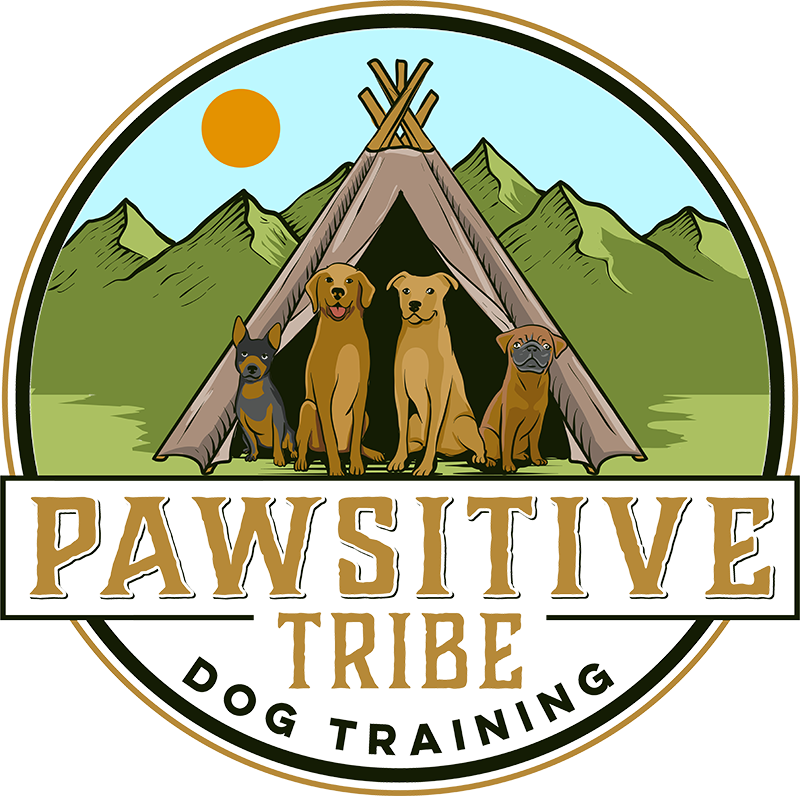Natural Deworming:
Safer Solutions
for Your Canine Companions
When it comes to our furry friends, ensuring their health and happiness is paramount. Traditional deworming medications, while effective, can sometimes lead to unpleasant side effects. That’s why many pet parents are turning to natural dewormers as a gentler alternative. In this post, we’ll explore some of the most effective natural remedies to keep your dog worm-free, naturally.
Recognizing the Signs of Worms in Dogs
Before we dive into natural treatments, it’s crucial to recognize the symptoms of a worm infestation in your dog. These can include:

- Diarrhea or vomiting
- Abdominal pain
- Fever
- Scooting
- Loss of appetite
- Dull coat
- Lethargy
- Dehydration
- Mucus or blood in stool
- Coughing
- Bloating
If your dog is exhibiting any of these signs, it’s time to consider your deworming options.
Building a Worm-Resistant Immune System
A robust immune system is your dog’s first line of defence against worms. A healthy raw diet rich in zinc, vitamin D, and other immune-boosting nutrients is fundamental. But beyond diet, let’s look at specific foods and herbs that can help.
Natural Dewormers for Dogs
 Fermented Vegetables: Rich in probiotics, fermented vegetables enhance gut health, creating an inhospitable environment for parasites. Gradually include 1 to 3 teaspoons per 20 lbs (9kg) of body weight in your dog’s diet.
Fermented Vegetables: Rich in probiotics, fermented vegetables enhance gut health, creating an inhospitable environment for parasites. Gradually include 1 to 3 teaspoons per 20 lbs (9kg) of body weight in your dog’s diet.- Pumpkin Seeds: These seeds contain cucurbitin, an amino acid that paralyzes worms, making them easy to expel. Grind raw, organic pumpkin seeds and administer ¼ teaspoon per 10 lbs of your dog’s weight daily.
- Garlic: A controversial yet effective remedy, garlic in moderate amounts can work wonders. Let chopped garlic sit for 15 minutes to activate its medicinal properties before adding it to your dog’s food. The general guideline for feeding fresh, raw, organic garlic is as follows:
- Small dogs: up to ¼ clove per day
- Medium dogs: up to ½ clove per day
- Large dogs: up to 1 clove per day

- Apple Cider Vinegar (ACV): ACV can help create a more alkaline digestive system. The recommended dosage of organic, unfiltered ACV is:
- Small dogs: 1 teaspoon mixed in with food or water daily
- Medium dogs: 2 teaspoons mixed in with food or water daily
- Large dogs: 1 tablespoon mixed in with food or water daily
Always dilute the ACV with water or mix it with your dog’s food to avoid any potential irritation to the throat or stomach.
- Bone Broth and Diatomaceous Earth: These can support digestive health and help expel worms. However, use food-grade diatomaceous earth with caution and never for pregnant or lactating dogs.
Precautions with Natural Dewormers
While natural dewormers are safer, they are not without their risks. Always introduce new foods slowly and monitor your dog for any adverse reactions. Pregnant or lactating dogs, or those with health conditions, should not be given certain herbs or supplements.
Understanding the Risks of Conventional Dewormers
While conventional dewormers are often a go-to for quick and effective treatment, they are not without potential risks and side effects. It’s important for dog owners to be aware of these risks to make informed decisions about their pets’ health care.
Potential Side Effects
Conventional deworming medications, like any drug, come with a risk of side effects. These can range from mild to severe and may include:
-
- Vomiting and diarrhea
- Lethargy or hyperactivity
- Loss of appetite
- Skin irritations, such as rashes or hives
- Neurological issues like tremors, seizures, or ataxia (loss of coordination)
- An allergic reaction, which in rare cases can be severe
Impact on Young, Elderly, or Health-Compromised Dogs
Puppies, senior dogs, and those with compromised immune systems or chronic health conditions may be more susceptible to the adverse effects of chemical dewormers. Their bodies may not handle the strong active ingredients as well as a healthy adult dog, leading to a higher risk of reactions.
Environmental Concerns
The active ingredients in many conventional dewormers can have a negative impact on the environment. Residues from these medications can be excreted by treated animals and may end up contaminating waterways, potentially harming wildlife and disrupting ecosystems.
Resistance Development
Just as overuse of antibiotics can lead to antibiotic-resistant bacteria, overuse of dewormers can lead to the development of drug-resistant strains of parasites. This makes it increasingly challenging to effectively manage these parasites over time.

Our Journey With Chemical-Free Deworming
For several years now, we’ve steered clear of chemical treatments and have instead embraced a more natural daily regimen that includes fresh garlic and organic apple cider vinegar. This decision came from a deep understanding of our dogs’ health needs and a commitment to more holistic care practices.
Daily Natural Prevention
Each day, our dog receives a carefully measured dose of raw fresh organic garlic and a splash of organic apple cider vinegar (with The Mother) in her meals. We’ve found this not only supports her immune system but also creates an environment less hospitable to parasites. It’s a testament to the power of natural ingredients and their role in maintaining our dogs’ health.
Bi-Annual Health Checks
To ensure our approach is effective, we conduct bi-annual tests through Wormcount.com. This service provides us with an accurate assessment of our dogs’ internal parasite load, if any. We’ve been consistently reassured by the results, which have always come out clean. This bi-annual check has become a cornerstone of our health monitoring routine, giving us peace of mind that our natural prevention strategy is working.

Why We Believe in This Approach
Our commitment to a natural deworming protocol stems from not just a desire to reduce chemical usage but also from the positive outcomes we’ve witnessed. Our dog is thriving, with shiny coat, robust energy levels, and no signs of the common ailments often associated with parasitic infections. It’s a clear indicator that a natural, preventative approach, coupled with regular monitoring, is not only viable but very effective.
Our journey away from chemical dewormers towards a natural and proactive approach has been rewarding. By sharing our experience, we hope to offer insights and encourage others to consider the benefits of natural deworming methods and get away from the unnecessary chemical-overload associated with conventional deworming treatments.
